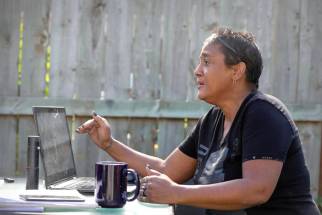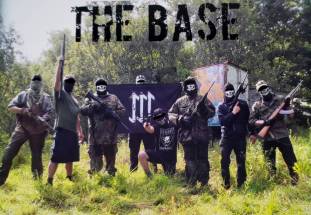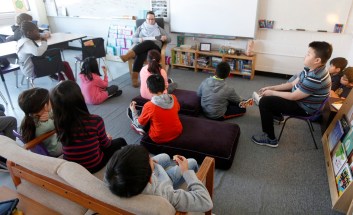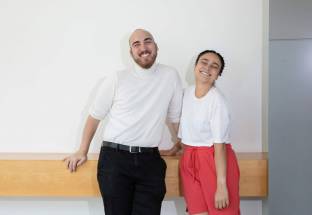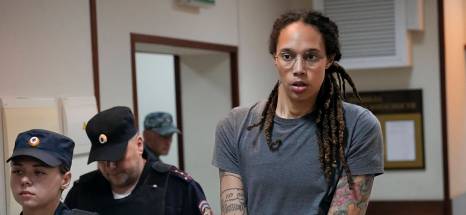‘Kids are helping each other’: hockey-linked student mental health initiative expands reach
Read this article for free:
or
Already have an account? Log in here »
To continue reading, please subscribe:
Monthly Digital Subscription
$0 for the first 4 weeks*
- Enjoy unlimited reading on winnipegfreepress.com
- Read the E-Edition, our digital replica newspaper
- Access News Break, our award-winning app
- Play interactive puzzles
*No charge for 4 weeks then price increases to the regular rate of $19.00 plus GST every four weeks. Offer available to new and qualified returning subscribers only. Cancel any time.
Monthly Digital Subscription
$4.75/week*
- Enjoy unlimited reading on winnipegfreepress.com
- Read the E-Edition, our digital replica newspaper
- Access News Break, our award-winning app
- Play interactive puzzles
*Billed as $19 plus GST every four weeks. Cancel any time.
To continue reading, please subscribe:
Add Free Press access to your Brandon Sun subscription for only an additional
$1 for the first 4 weeks*
*Your next subscription payment will increase by $1.00 and you will be charged $16.99 plus GST for four weeks. After four weeks, your payment will increase to $23.99 plus GST every four weeks.
Read unlimited articles for free today:
or
Already have an account? Log in here »
Hey there, time traveller!
This article was published 10/08/2022 (1217 days ago), so information in it may no longer be current.
As teenagers grapple with the fallout of COVID-19 lockdowns and ongoing health concerns, Project 11 is expanding its high school curriculum’s reach to equip more students with strategies to manage mental wellness and build resilience.
Last year, True North Youth Foundation recruited upwards of 70 teachers across the province to take part in a pilot of its new mental health lesson plan for grades 9-12 students.
Known as Project 11, the initiative — a tribute to professional hockey player Rick Rypien, who was slated to wear No. 11 for the Winnipeg Jets before he died of suicide in 2011 — was first rolled out to elementary school students in 2013.
Rypien wanted students to receive mental health education and reduce overall stigma surrounding the topic. All of the teachers involved in the project have been carrying out those goals.
“The kids are helping each other, more than I’ve ever seen before — and it’s all because of these lessons giving the kids a little bit of control back and teaching them how to unwind, how to talk to each other, and how to accept the fact that (mental health issues) are going on,” said Jen Lowry, a high school teacher in rural Manitoba.
“The kids are helping each other, more than I’ve ever seen before– and it’s all because of these lessons giving the kids a little bit of control back and teaching them how to unwind.” — Jen Lowry
There has been a significant culture shift in schools, which has in turn prompted students to have frank conversations about their well-being with both peers and educators, since Lowry began her career 20 years ago.
Not long after Lowry started teaching, she found herself sitting in a hallway with a student who had passed out amid a panic attack. At the time, classmates who were present for the event were “stunned,” she recalled.
Lowry, who teaches English and health, said she was proud of her students’ empathetic response to a recent incident, during which a teenage girl placed her head on her desk and began shaking due to anxiety.
The 2021-22 classroom response included everyone banding together to help the affected student count her breaths and focus on all of her surroundings in order to regulate her emotions, said the teacher, who collaborated on the senior years edition of Project 11 and participated in its inaugural rollout.
The universal aim of Project 11 is to teach students of all ages about the mental health continuum, positive coping strategies — including self-reflection, mindfulness and gratitude exercises — and both when and where to seek additional support.
“There isn’t a one-size-fits-all approach when it comes to taking care of your mental health. It’s important for students to be exposed to the variety of tools and resources that they can turn to,” Suzi Friesen, director of educational programs at True North Youth Foundation, said in an email.
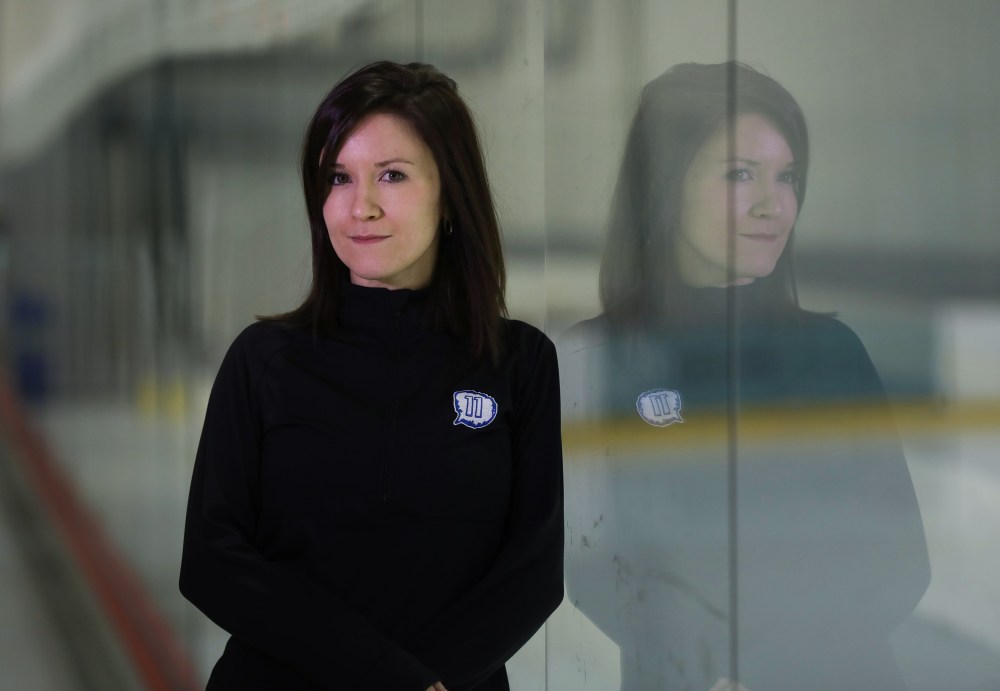
There are 15 weeks of related lessons in every level between kindergarten and Grade 8. In grades 9-12, there are 10 lessons that teachers can share with learners at their own pace.
Topics in the latter grades include digital stress, sleep, substance use, goal-setting and relationships and co-dependency.
It has typically been up to individual counsellors and teachers to integrate mental health activities at school, Lowry said, noting she appreciates the framework and emphasis on holistic, classroom-wide instruction.
The public school teacher said she got involved in the initiative because she wants her students to have a solid understanding of positive mental health management at a young age, in the hopes they won’t feel alone when they are suffering.
“(My students) have access 24-7 to things (online) that may make them uncomfortable, may make them doubt themselves, or bullying. These kids are always on. There is no off-switch,” she said.
“(My students) have access 24-7 to things (online) that may make them uncomfortable, may make them doubt themselves, or bullying. These kids are always on. There is no off-switch.”– Jen Lowry
“Project 11 teaches the kids about mindfulness and just shutting off. Even if it’s just a few minutes a day, to take the time to breathe and appreciate your surroundings without those influences, it does make a difference — mentally and physically.”
For Lowry’s Grade 10 students, a program highlight was calling up a Jets player to talk to him and his wife about the mental health continuum. It is invaluable to connect students with people they look up to and show them that everyone, their idols included, have ups and downs, she added.
In addition to planning a follow-up pilot for students in grades 9-12 in autumn, the foundation is in the process of creating mental health lessons for caregivers and community groups.
maggie.macintosh@freepress.mb.ca
Twitter: @macintoshmaggie
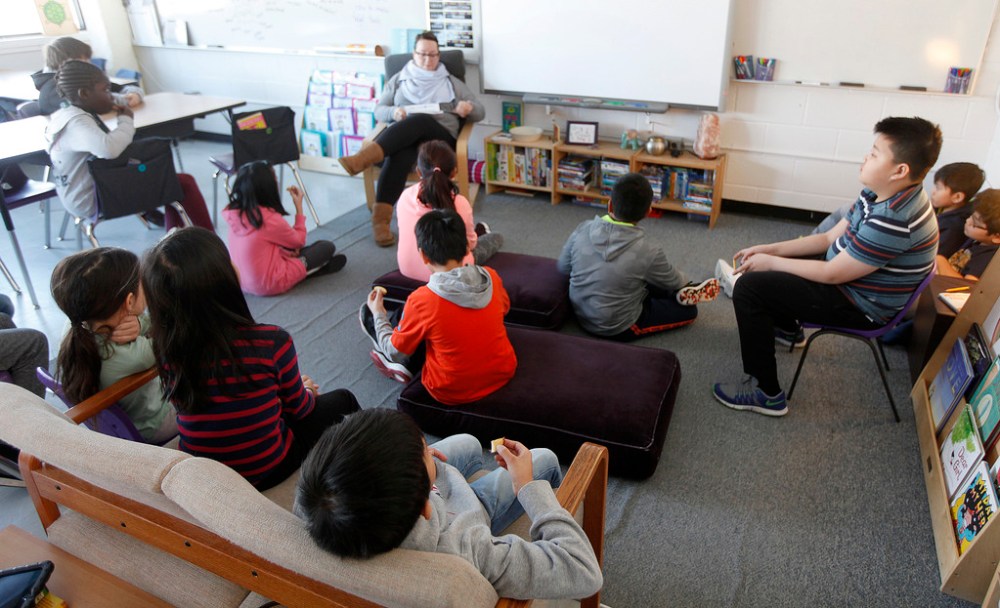

Maggie Macintosh reports on education for the Winnipeg Free Press. Funding for the Free Press education reporter comes from the Government of Canada through the Local Journalism Initiative.
Our newsroom depends on a growing audience of readers to power our journalism. If you are not a paid reader, please consider becoming a subscriber.
Our newsroom depends on its audience of readers to power our journalism. Thank you for your support.


